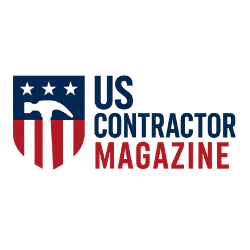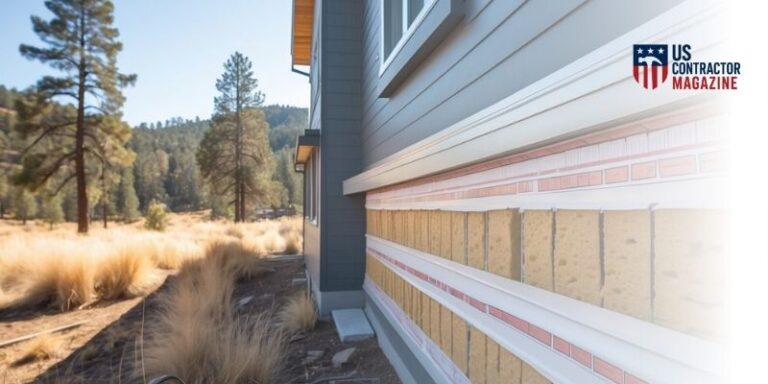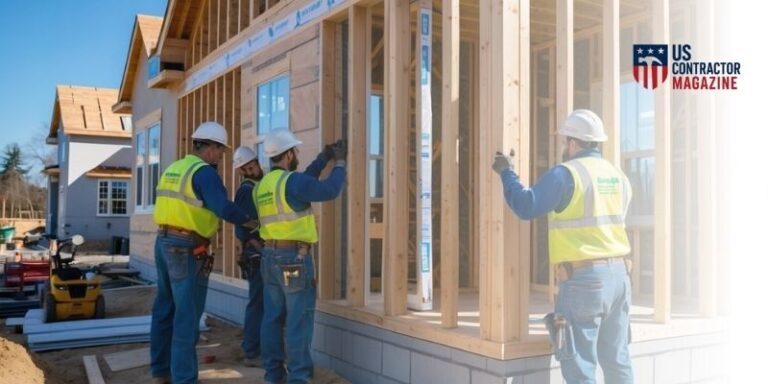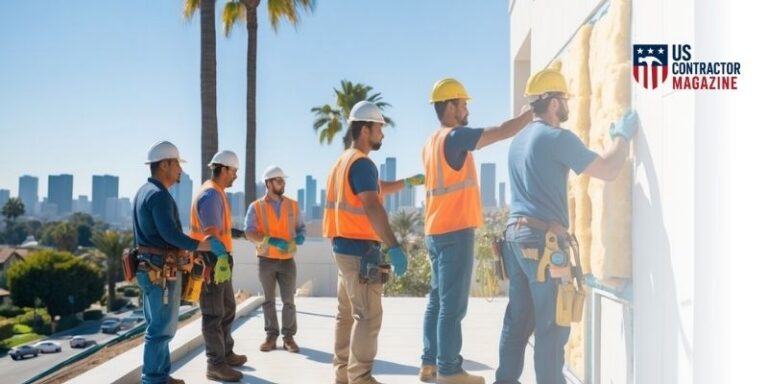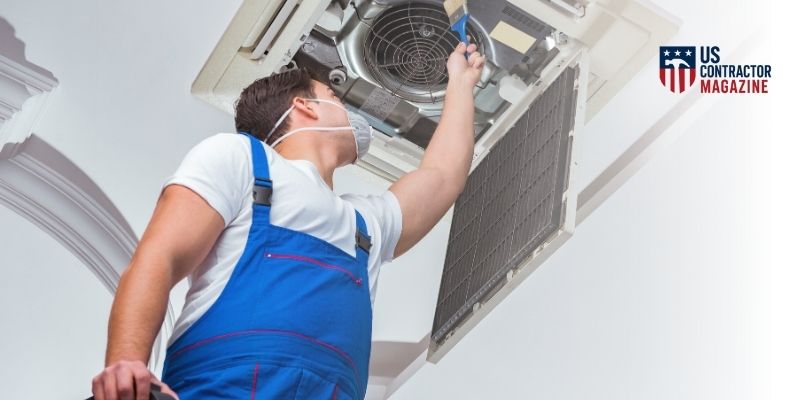
As summer temperatures soar, American consumers may soon face steeper air conditioning bills, not just from energy usage — but from rising equipment costs. Industry experts and HVAC professionals are warning that new and existing tariffs on imported parts and materials are threatening to drive up the price of cooling systems just as demand spikes.
Trade Policy Meets Cooling Demand
The Biden administration’s recent decision to reinstate or expand tariffs on Chinese-made HVAC components, including compressors and fan motors, has reignited concerns across the HVAC supply chain. These tariffs, originally introduced under the Trump administration, had been paused or scaled back during pandemic-era economic uncertainty.
Now, as the government doubles down on efforts to onshore manufacturing and reduce dependence on China, companies are warning that the result may be short-term price hikes for homeowners and businesses needing repairs or system replacements.
Key Highlights:
- Tariffs on HVAC components from China are expected to raise prices for air conditioners.
- Industry groups estimate price increases of up to 10% on some equipment.
- Demand is peaking during record-breaking summer heat across much of the U.S.
- Supply chain disruptions and labor shortages continue to affect availability.
- HVAC contractors report longer lead times and higher repair costs.
Industry Response: A Perfect Storm
HVAC technicians across the country report that they’re already seeing higher wholesale prices for parts, and some are warning customers to expect delays and cost increases for both maintenance and new installations.
“Every summer is busy, but this year is different,” said one contractor. “We’re dealing with supply issues, staffing shortages, and now tariffs. It’s all hitting at once.”
Some industry insiders argue that while the administration’s policies aim to strengthen domestic manufacturing in the long run, the timing couldn’t be worse for consumers. Combined with inflationary pressures and extreme heat forecasts, the market for air conditioning could be both expensive and unreliable this summer.
Policy vs. Consumer Impact
The Biden administration maintains that tariffs are necessary to protect U.S.-based manufacturers and reduce dependence on overseas supply chains, particularly in sensitive sectors like clean energy and climate control.
However, consumer advocacy groups are urging policymakers to consider temporary relief or exemptions during peak cooling season to avoid burdening low- and middle-income families who already struggle with high energy bills.
Conclusion
As the U.S. faces a sweltering summer, tariff-driven HVAC cost increases may hit home just as air conditioners become most essential. The intersection of trade policy and climate realities is creating a challenging environment for both consumers and contractors.
